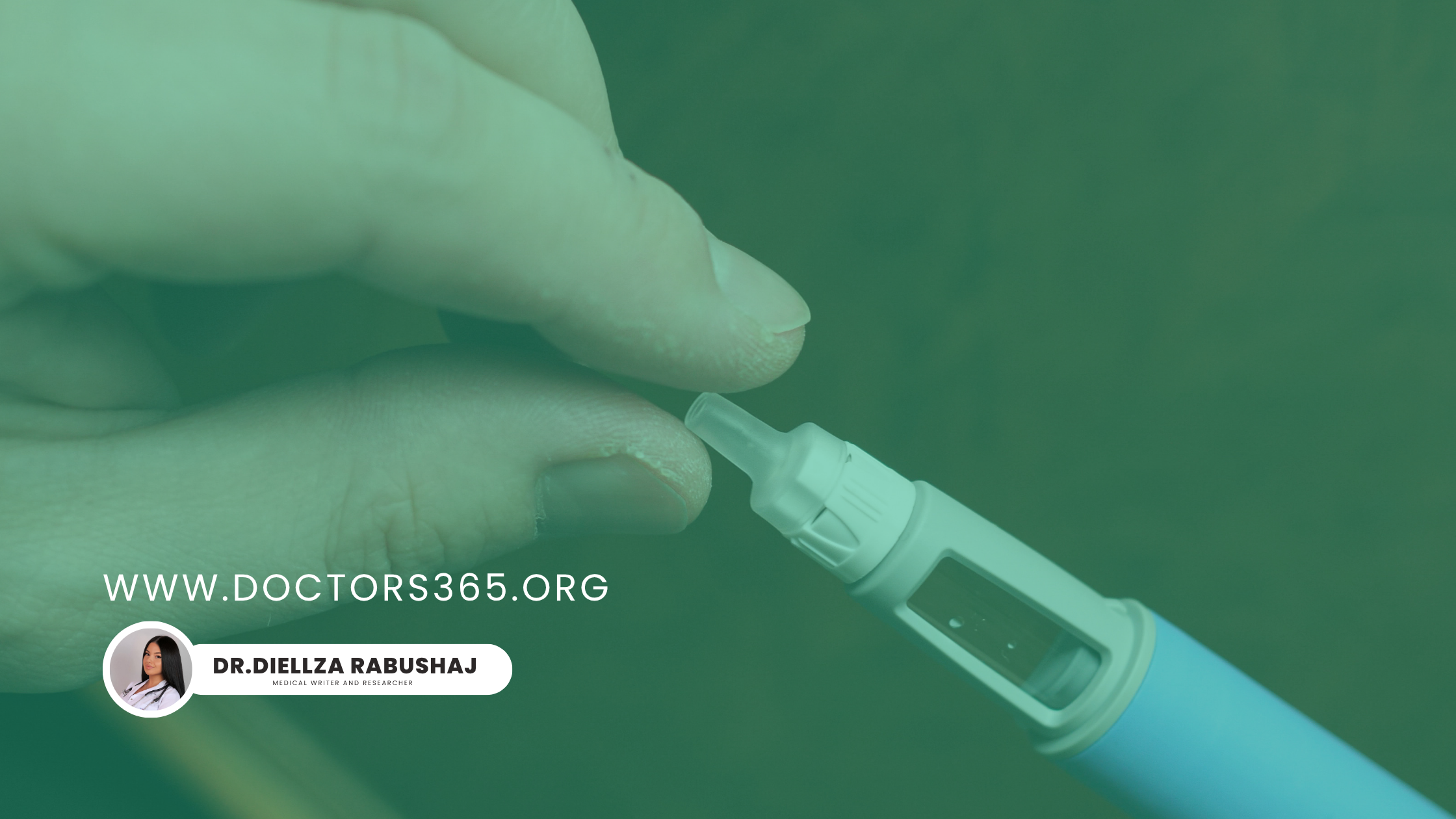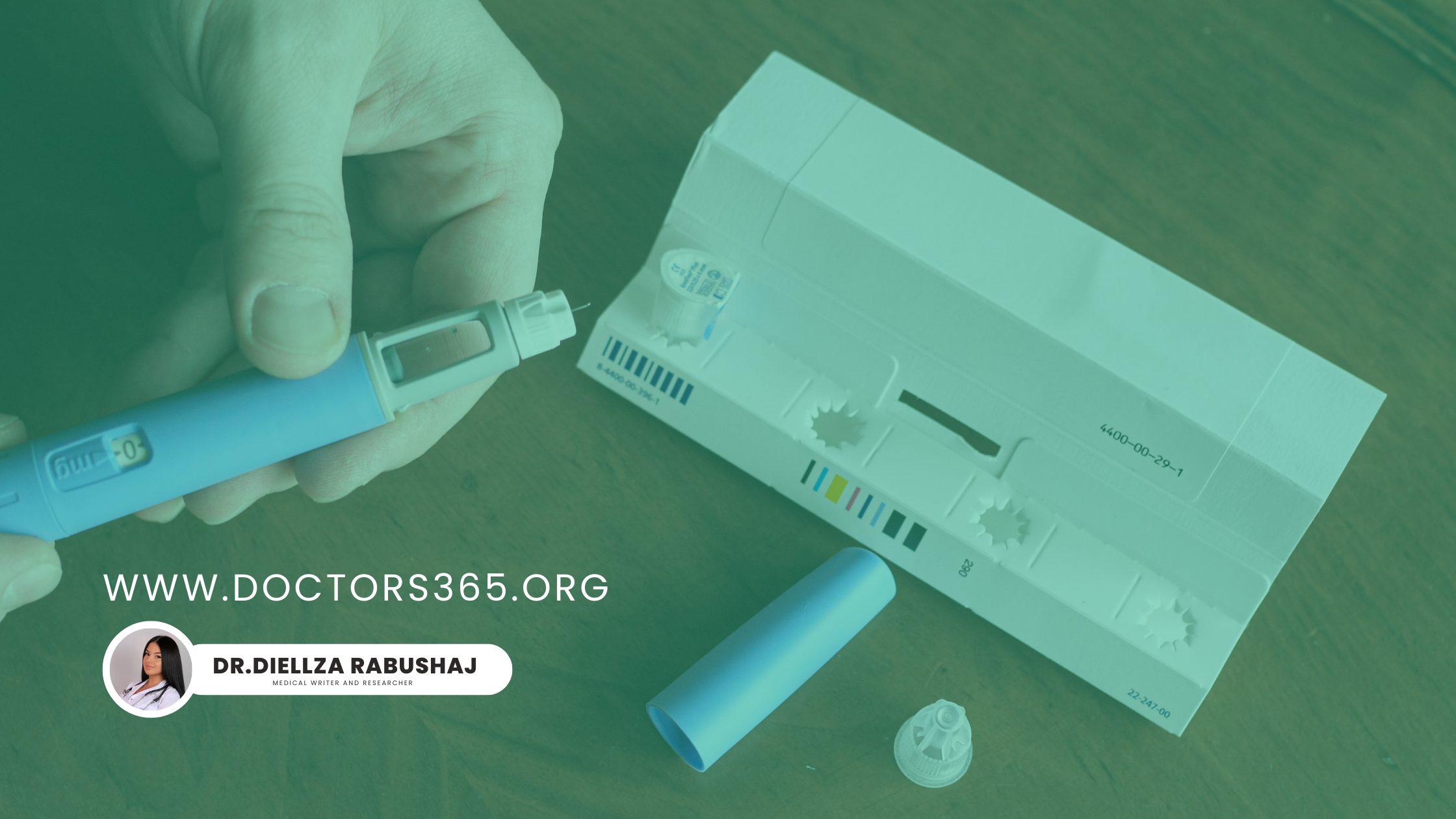
Cardiology
AI for Detecting Coronary Artery Disease (CAD)
AI is reshaping CAD detection. See what’s real today and book a Doctors365 cardiology visit.
Artificial intelligence is changing how clinicians detect and manage coronary artery disease (CAD). From deep-learning on chest X-rays to opportunistic calcium scoring on non-cardiac CTs, AI can flag hidden risk and help personalize prevention earlier. This educational guide explains what the latest evidence shows, where AI fits in clinical workflows, and where standard tests still lead. You’ll also learn how Doctors365 works—browse specialists, pick a time, pay securely, and meet by encrypted video with e-prescriptions or referrals when appropriate. We outline the benefits (24/7 access, privacy, convenience), quality standards, red-flag symptoms that require urgent in-person care, and practical tips to prepare for your online visit. Ready to turn AI insights into action? Book a Doctors365 cardiology consultation today.
1. Disclaimer & Authorship
Educational only. This article is not a substitute for personalized medical advice, diagnosis, treatment, or emergency care. If you have chest pain, shortness of breath, or other urgent symptoms, call your local emergency number immediately.
Author: Dr. Diellza Rabushaj
Medically reviewed by: Dr. Spec Orhan Karahodza
2. Why CAD Early Detection Matters
Coronary artery disease (CAD) develops silently as plaques narrow the heart’s arteries. The earlier we spot risk, the sooner we can personalize prevention—think of it like detecting traffic jams before rush hour. The payoff? Fewer heart attacks, better quality of life, and smarter use of testing and therapies.
3. How AI “Sees” the Heart (In Plain English)
3.1 Imaging inputs (CXR, CT, calcium)
Modern models can analyze chest X-rays and CT scans—even scans taken for non-cardiac reasons—to pick up subtle patterns linked to CAD risk that the human eye might miss [2,3].
3.2 Non-imaging signals (ECG, clinical data)
Machine-learning (ML) thrives on structured clinical data (age, lipids, blood pressure, diabetes) and electrocardiograms to estimate risk or flag patients for further testing [1,4].
3.3 Surprising signals (face photos)
Yes—facial photographs. Deep-learning has identified facial features associated with CAD, showing the frontier is wider than we once imagined [5]. Fascinating—but not a stand-alone test.
4. What the Evidence Says (Highlights from Recent Studies)
4.1 A 30-year trend: AI is rising fast
A large review of 256 papers from 1991–2020 found AI adoption in CAD detection accelerated after 2008, reporting consistently high diagnostic accuracy across methods and datasets [1].
Takeaway: The field matured over decades and is now in clinical conversations.
4.2 From a single chest X-ray to CAD risk
In a cohort of 7,728 patients, an AI system analyzing plain chest radiographs achieved sensitivity 0.90 with AUC 0.73 for significant CAD—strong performance for a low-cost, ubiquitous test [2].
Takeaway: Everyday imaging could become a scalable early-warning tool.
4.3 Calcium scoring beyond cardiac CT
A 2024 review highlights how AI (e.g., CNNs, U-Net) can detect coronary artery calcium (CAC) on non-cardiac CTs, potentially turning incidental scans into opportunistic screening for preventive cardiology [3].
Takeaway: More people could learn their CAC score without extra appointments.
4.4 Predicting outcomes, not just diagnoses
A multiview systematic survey identified ML methods that predict CAD-related mortality and support quick, precise diagnosis, synthesizing 54 studies from 15,689 screened [4].
Takeaway: AI may help clinicians stratify who needs urgent action versus routine follow-up.
4.5 Could a selfie signal heart risk?
A multicentre deep-learning study using facial photos reported sensitivity 0.80 and specificity 0.54 for CAD detection [5].
Takeaway: Intriguing for screening—but with modest specificity, it’s not a diagnostic test.
5. Where AI Helps Most Today
- Risk triage: Flagging people who should move from “watchful waiting” to lipid optimization or formal testing [1,4].
- Opportunistic prevention: Surfacing CAC from existing non-cardiac CTs to nudge preventive therapy earlier [3].
- Workflow efficiency: Rapid pre-read support for radiologists and cardiologists to focus on the highest-risk cases [2,3].
6. What AI Can’t Replace (Yet)
- Clinical judgment & shared decision-making—humans remain in the loop.
- Gold-standard tests: Stress testing, coronary CT angiography, and invasive angiography are still required to confirm or characterize disease.
- Generalizability across populations: Reviews note heterogeneity in datasets and geography; models can drift without re-validation [1,4].
7. How Doctors365 Works (Step-by-Step)
- Browse our cardiology and internal medicine doctors.
- Pick a time that fits your schedule—often same-day.
- Confirm & pay in our secure booking flow.
- Private, encrypted visit via video; bring any imaging reports or lab results.
- After-visit summary with next steps; e-prescriptions or referrals when appropriate.
8. Benefits of Online Cardiology Care with Doctors365
- 24/7 access—evenings and weekends, from home or work.
- Privacy—secure video, medical-grade encryption.
- Convenience—no travel, minimal waiting.
- Cost-effective—transparent fees shown before you confirm.
9. Quality & Trust (Our Standards)
- Verified clinicians with robust credentials.
- Clinical governance—peer oversight and continuous quality improvement.
- Security & encryption end-to-end during your visit and record storage.
10. Meet Doctors365 Specialists
These clinicians frequently support patients with cardiovascular risk, chest symptoms, lipid concerns, and screening decisions:
- Dr Stojan Mitreski — Profile
- Dr Petar Pekic — Profile
- Dr Hisham A. Ben Lamin — Profile
- Dr Santiago Herrero — Profile
(You can also consult: Dr. Mohammad Jumah — Profile)
Tip: When booking, upload recent ECGs, lipid panels, or imaging reports—your doctor can interpret these in context and advise on next steps.
11. Online vs In-Person: What’s Appropriate?
11.1 Good fits for online care
- Reviewing risk factors (cholesterol, blood pressure, diabetes).
- Discussing AI-related findings (e.g., incidental CAC on CT, AI triage flags) and planning confirmatory tests.
- Medication optimization and lifestyle coaching.
11.2 Red-flags—seek urgent care now
- New or worsening chest pain, pressure, or tightness—especially with exertion.
- Shortness of breath at rest, fainting, or palpitations plus dizziness.
- Pain radiating to arm, jaw, or back; cold sweats, nausea, or a sense of doom.
Call emergency services immediately.
12. Pricing & Availability
- Transparent fees: You’ll see the exact consultation cost before payment.
- Flexible scheduling: Early morning, late evening, and weekend slots often available.
- No hidden costs: Any recommended tests or referrals are discussed upfront.
13. Get Ready: How to Prepare for an Online Cardiology Visit
- Have numbers handy: BP readings, cholesterol, A1c, weight.
- Upload files: ECGs, echo, CT/CAC reports, discharge summaries.
- Medication list: Include doses and any supplements.
- Family history: Heart attacks, stents, sudden cardiac death, high cholesterol.
- Tech check: Quiet room, stable connection, headphones if possible.
14. Frequently Asked Questions
Q1. Can AI replace a stress test or angiography?
A. No. AI can triage and flag risk, but definitive diagnosis still relies on clinical evaluation and, when indicated, standard cardiac testing [1,4].
Q2. Is a chest X-ray really useful for CAD risk?
A. Emerging evidence shows AI can extract CAD signals from plain CXRs with high sensitivity in large cohorts—helpful as an early filter, not a final answer [2].
Q3. I had a CT for my lungs—can it show heart risk?
A. Often yes. AI can quantify coronary calcium on non-cardiac CTs, enabling opportunistic screening and earlier prevention [3].
Q4. Are these models accurate for everyone?
A. Accuracy varies by population and imaging protocols. Reviews emphasize the need for local validation before clinical deployment [1,4].
Q5. What should I bring to an online CAD-risk consult?
A. Lipids, BP logs, ECGs, and any CT/CAC reports. Your doctor will synthesize these with your history to plan next steps.
Ready to translate AI insights into a prevention plan with a human specialist?
→ Book a cardiology consult today:
Have imaging or labs you want explained?
→ Find a doctor now:
15. Conclusion
AI is not magic, but it’s making CAD earlier to suspect, easier to flag, and faster to follow up—from chest X-rays to incidental CAC on non-cardiac CTs, and even experimental facial-photo screening. The smartest move is combining AI-augmented signals with expert clinical guidance. Doctors365 puts you in front of verified clinicians who can turn data into a clear, personalized plan.
Start your prevention journey:
References
- Alizadehsani R, Khosravi A, Roshanzamir M, Abdar M, Sarrafzadegan N, et al. Coronary artery disease detection using artificial intelligence techniques: A survey of trends, geographical differences and diagnostic features 1991–2020. Comput Biol Med. 2020.
- D’Ancona G, Massussi M, Savardi M, Signoroni A, Di Bacco L, et al. Deep learning to detect significant coronary artery disease from plain chest radiographs (AI4CAD). Int J Cardiol. 2022.
- Vivekanandan D, Singh N, Robaczewski M, Wyer A, Canaan LN, et al. Artificial Intelligence-Driven Advances in Coronary Calcium Scoring: Expanding Preventive Cardiology. Cureus. 2024.
- Garavand A, Behmanesh A, Aslani N, Sadeghsalehi H, Ghaderzadeh M. Towards Diagnostic Aided Systems in Coronary Artery Disease Detection: A Comprehensive Multiview Survey of the State of the Art. Int J Intell Syst. 2023.
- Lin S, Li Z, Fu B, Chen S, Li X, et al. Feasibility of using deep learning to detect coronary artery disease based on facial photo. Eur Heart J. 2020.
Recommended articles for You

Clear guidance on Ozempic for weight loss—who qualifies, risks, and how Doctors365 provides safe, specialist-led care.

Compare Ozempic vs Wegovy — discover which semaglutide treatment fits your goals for safe, doctor-supervised weight loss.

AI is reshaping CAD detection. See what’s real today and book a Doctors365 cardiology visit.